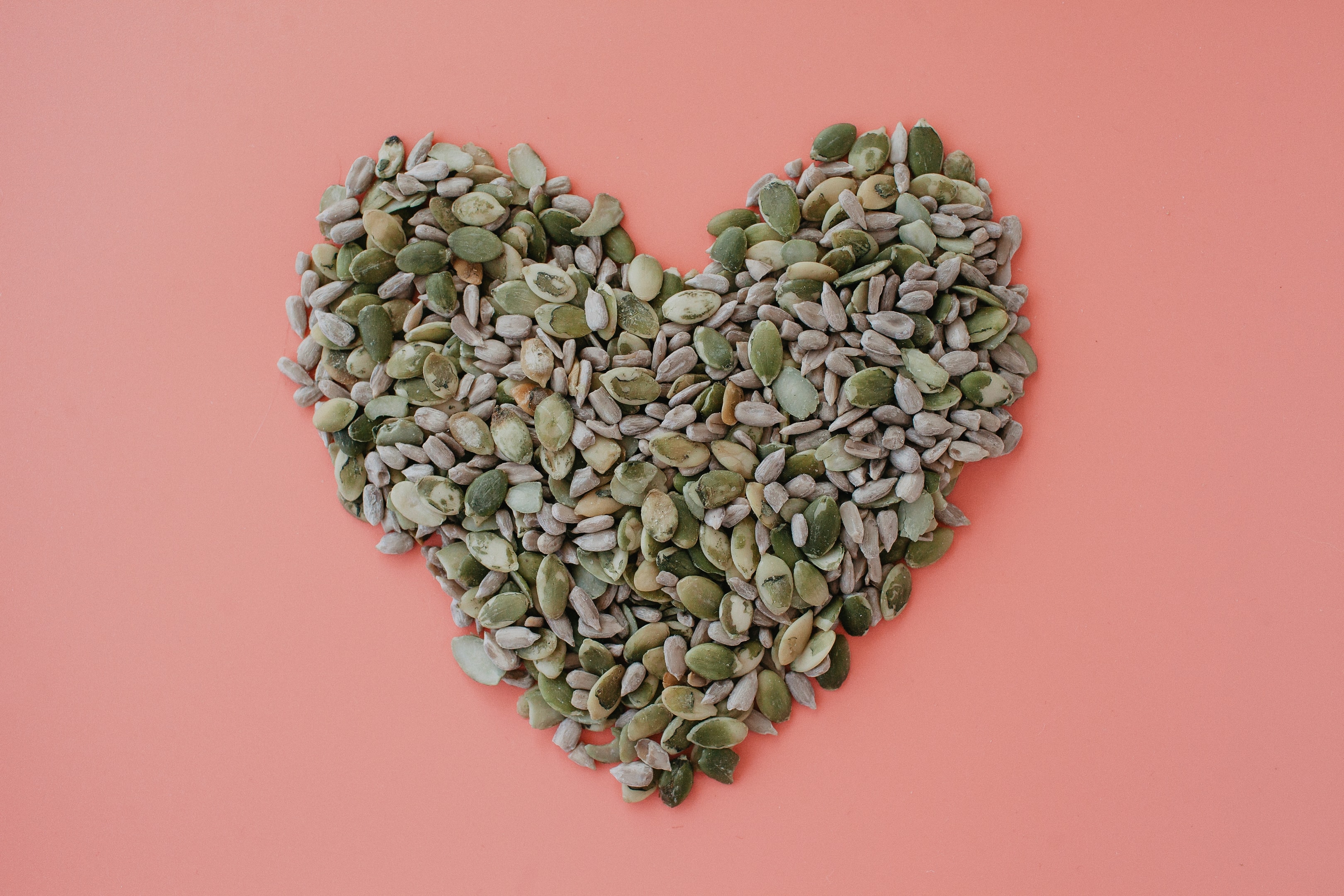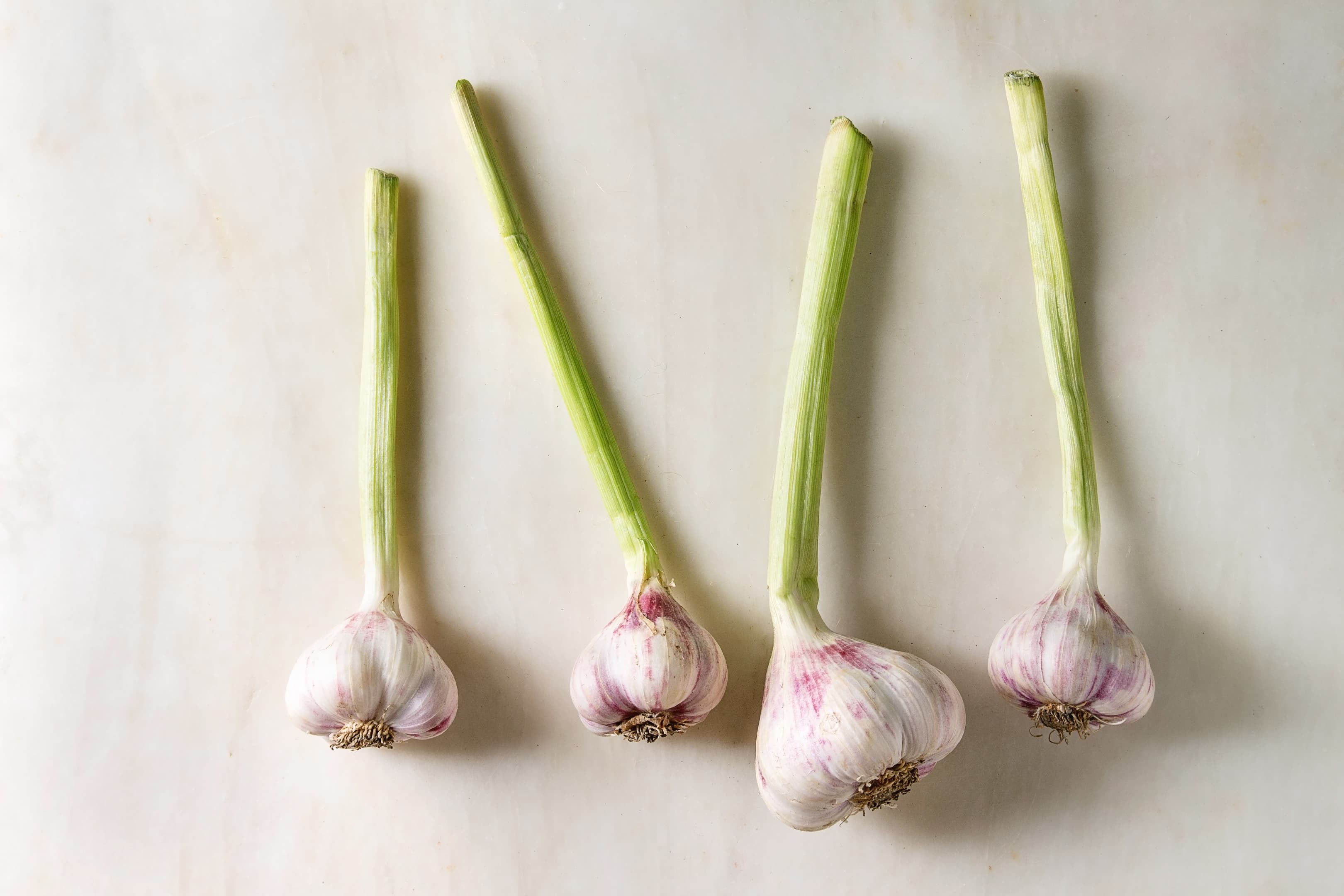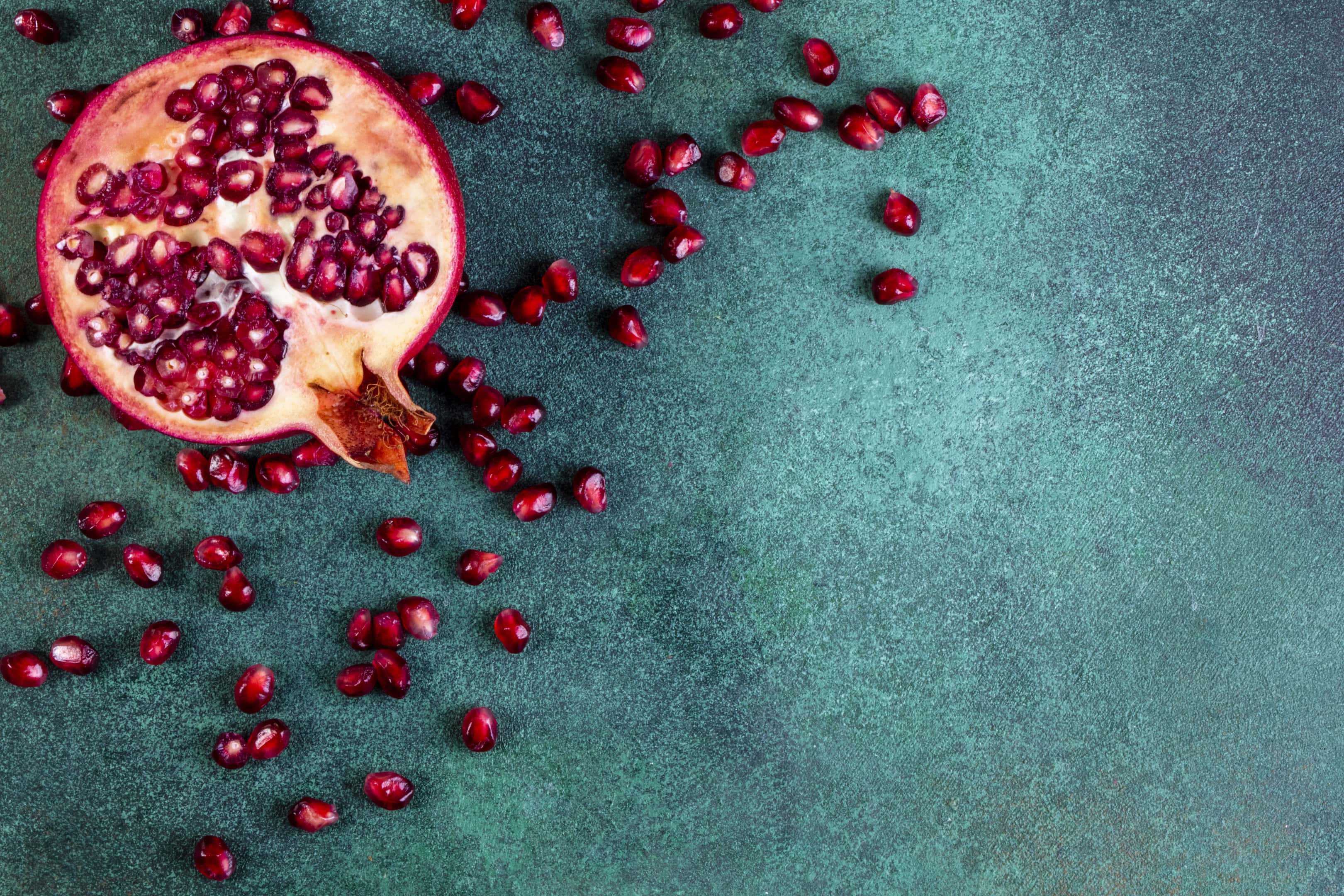Key takeaways
- This post explains how overall eating patterns can support prostate health, especially as men age.
- It shares 10 foods to focus on, including seeds, tomatoes, berries, pomegranate, soybeans, and sardines.
- The article highlights key nutrients it links to prostate support, such as zinc, lycopene, selenium, and omega-3s.
- It also compares prostate-friendly choices with diets higher in processed foods and unhealthy fats.
The prostate is a key component of a man’s reproductive system. This walnut-shaped gland, located just below the bladder, has numerous functions, including producing seminal fluid that transports and nourishes sperm and supporting hormone regulation. It also aids in proper bladder function. Although small, the prostate plays a significant role in maintaining urinary and reproductive health.
As men age, the risk of developing urinary and prostate-related conditions such as prostatitis and prostate cancer increases. These conditions can cause urinary problems and discomfort and can lead to severe health complications if left unmanaged.
While lifestyle factors and genetics can contribute to the development of prostate health issues, nutrition is a powerful tool for maintaining its functions and decreasing the risk of diseases. Certain foods that are packed with nutrients can aid the reduction of inflammation, boost hormonal balance, and enhance prostate function.
What is the role of diet in prostate health?
As diet can impact health, a diet rich in whole and nutrient-dense foods can provide important minerals and antioxidants that can reduce the risk of prostate disease. Foods high in zinc, omega-3 fatty acids, lycopene, and selenium can boost prostate function and reduce the risk of prostatic hyperplasia (BPH) and prostate cancer.
On the other hand, a diet loaded with processed foods and unhealthy fats contributes to chronic inflammation, which is one of the notable culprits behind the development of prostate diseases. Moreover, the consumption of fried foods and sugary beverages can contribute to hormonal imbalances and cellular damage.
By consuming foods that are packed with antioxidants, lean proteins, and healthy fats, men can actively improve prostate health and boost overall wellness.
Top 10 foods for prostate health

1. Pumpkin seeds
Often overlooked, pumpkin seeds offer several benefits for boosting prostate health. They contain zinc, a mineral that aids in the regulation of testosterone levels, supports immune function, and possesses anti-inflammatory qualities. A deficiency of zinc can contribute to prostate enlargement and prostate cancer.
Additionally, pumpkin seeds contain phytosterols, which are plant compounds that aid the reduction of prostatic hyperplasia symptoms. These compounds help to prevent the growth of abnormal prostate cells, promoting prostate health and supporting urinary function.
2. Watermelon
Beyond being a refreshing summer fruit, watermelon contains antioxidants such as vitamin C that can help decrease inflammation and oxidative stress in the body, reducing the risk of prostate damage. Watermelon also contains citrulline, an amino acid that can promote blood flow and boost healthy circulation. Proper circulation aids in hormone regulation, supporting prostate health.
Moreover, because of its high water composition, watermelon is an excellent source of hydration. Proper hydration is vital for boosting urinary function, especially for the prostate. For men with prostate issues like prostatic hyperplasia (BPH), staying hydrated can help reduce symptoms like difficulty urinating. In addition, watermelon’s high water content helps to boost healthy bladder function.

3. Garlic
Several studies have shown that the bioactive compounds present in garlic possess anti-cancer properties. Garlic contains allicin, which can help prevent the spread and development of prostate cancer cells. Allicin helps to prompt apoptosis, an essential process of preventing the growth of tumors. Moreover, garlic can also reduce the activity of enzymes involved in the activation of carcinogens, further reducing the risk of prostate cancer.
A healthy immune system is important for protecting the body from diseases and infections, including prostate cancer. Garlic can help boost immune function by triggering the production of white blood cells and boosting the activity of immune cells like macrophages and natural killer (NK) cells. By strengthening the immune system, garlic can enhance the body’s ability to fight prostate diseases.
4. Brazil nuts
Brazil nuts are an excellent source of selenium, an important nutrient that can help ward off oxidative stress and free radicals. By decreasing the formation of free radicals, selenium can reduce the risk of cancerous growth in the prostate. Selenium can also help protect the prostate from cellular damage.
Brazil nuts also contain healthy fats, including polyunsaturated and monounsaturated fats that support the regulation of hormones such as testosterone. When testosterone levels are imbalanced, they can contribute to prostate enlargement and other conditions. Moreover, Brazil nuts can help prevent the excessive conversion of testosterone into dihydrotestosterone (DHT), a hormone associated with prostate growth.
5. Raspberries
Raspberries are loaded with anti-inflammatory compounds such as quercetin, catechins, and kaempferol, which can help regulate inflammatory pathways in the body and decrease the production of inflammatory cytokines that can contribute to the progression of cancer and prostate enlargement.
Raspberries are also a rich source of fiber, which is beneficial for regulating blood sugar levels and reducing the risk of insulin resistance, a condition that can contribute to the development of prostate cancer. Moreover, raspberries contain lignans, which aid the regulation of hormones.
6. Tomatoes
The most significant nutrient in tomatoes is lycopene, a powerful antioxidant that gives tomatoes their red color. Lycopene can help decrease the risk of prostate cancer by eliminating harmful free radicals that can cause damage to prostate cells. Lycopene in tomatoes can also slow down the growth of prostate cancer cells, reducing the spread of tumors.
Apart from lycopene, tomatoes also contain other bioactive compounds, such as vitamin C and beta-carotene, which can help reduce inflammation in the prostate. Tomatoes can also help alleviate the discomfort that accompanies prostate enlargement.

7. Pomegranates
Packed with diverse antioxidants, pomegranates are an incredible food to eat for prostate health. They contain punicalagins, which possess anti-inflammatory and anti-cancer qualities that are important for decreasing the risk of prostate cancer. Pomegranates also contain ellagic acid, another potent antioxidant that can help decrease the likelihood of prostate health issues.
Pomegranates also contain folate and potassium. Folate supports DNA synthesis and promotes cellular repair, and potassium is crucial for maintaining blood circulation and pressure, both of which aid optimal prostate health.
8. Soybeans
Soybeans are loaded with isoflavones, which are a type of phytoestrogen. The main types of isoflavones in soybeans are daidzein, genistein, and glycitein. These compounds can help reduce the risk of prostate cancer by mimicking estrogen in the body and regulating hormonal activity. Isoflavones can also help reduce the progression of prostate cancer, so eating soybeans is a good addition to your diet.
Another key benefit of consuming soybeans is that they support hormonal balance. Soy isoflavones are particularly beneficial for older men who often experience an imbalance of estrogen and testosterone. This hormonal shift has been linked to age-related prostate issues. By aiding the regulation of hormones, soybeans can help prevent conditions like prostatic hyperplasia (BPH).

9. Bell peppers
One of the significant benefits of bell peppers is their high antioxidant composition. Bell peppers are exceptionally high in vitamin C, which can protect cells from oxidative damage caused by free radicals. Vitamin C can also help to prevent DNA damage and reduce the risk of cancer in the prostate. In addition, bell peppers also contain other antioxidants like lutein, carotenoids, and zeaxanthin that possess anti-cancer and anti-inflammatory properties, reducing the risk of prostate diseases.
Bell peppers are also packed with phytonutrients and fiber, which aid the regulation of hormone levels in men. They are low in fat and do not contain cholesterol, making them an excellent addition to a prostate-friendly diet. Also, bell peppers are high in vitamin E, another antioxidant that boosts immune function and supports the body’s ability to fight diseases.
10. Sardines
Sardines are loaded with omega-3 fatty acids that possess anti-inflammatory properties, helping to decrease the risk of prostate problems. Sardines are also high in protein, which is important for promoting the repair and regeneration of cells, including those in the prostate.
Sardines also contain other nutrients such as vitamin B12, which is important for boosting nerve function and boosting prostate health. In addition, sardines contain phosphorus, which helps to promote the repair of damaged tissues, including those in the prostate.
Conclusion
Maintaining prostate health is crucial for men’s overall well-being, especially as they age. While genetics and other factors may affect prostate health, adopting a good diet loaded with nutrient-dense foods can help keep prostate cancer and other diseases at bay. Consume foods such as salmon, garlic, tomatoes, bell peppers, and raspberries to promote prostate function, decrease inflammation, and support overall wellness.






